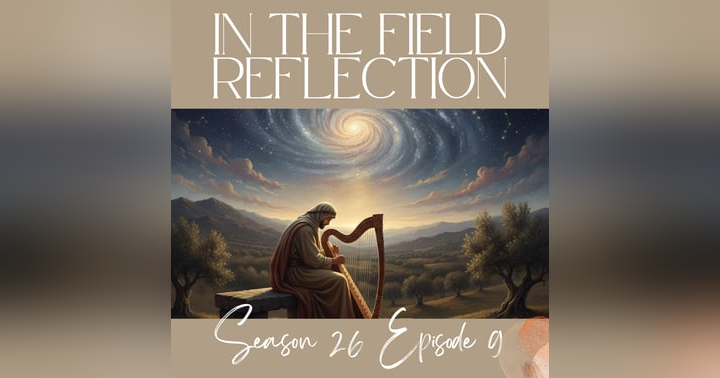Divine Justice: Nahum's Warning to the Oppressive Empire of Nineveh

The Book of Nahum contains one of the most vivid depictions of divine justice in scripture, and chapter one introduces us to the central tension between God's wrath toward the wicked and His protection for those who trust in Him. In our latest episode of In the Field Audio Bible, we journey through this powerful prophetic text that speaks directly to oppression, justice, and the certainty of God's intervention in human affairs—specifically against the oppressive empire of Nineveh.
Nahum, whose name ironically means "comfort," delivers anything but comforting news to the mighty Assyrian Empire and its capital city Nineveh. Writing from the small town of Elkosh in Judah, Nahum stands as a voice for all who suffer under the brutal regime of Assyria. The historical context is crucial—Nineveh was not just any city, but the crown jewel of the most powerful empire of its day, known for its cruelty, violence, and seemingly unstoppable military might. For the people of Judah living under Assyrian oppression, Nahum's prophecy offered a glimpse of hope that their suffering would not continue forever.
The chapter opens with a startling declaration of God's character: "A jealous and avenging God is the Lord. The Lord is avenging and wrathful." These words establish the foundation for what follows—a God who will not ignore injustice or allow evil to triumph indefinitely. For modern readers accustomed to emphasizing God's love and mercy, this depiction might feel jarring, yet it reveals an essential aspect of divine justice. The text portrays God's judgment through powerful natural imagery—whirlwind, storm, drought, earthquakes, and fire—demonstrating that all creation bends to His will and that even the mightiest empires cannot stand against Him.
Yet amid this portrayal of divine judgment comes one of the most beautiful contrasts in scripture: "The Lord is good, a stronghold in a day of trouble; he protects those who take refuge in him." This verse serves as the pivot point of the chapter, revealing that the same power unleashed in judgment also provides shelter for the faithful. The God who commands storms also offers sanctuary from them. For the oppressed people of Judah, this was not abstract theology but desperately needed assurance that their suffering had not gone unnoticed.
The application for today's listeners extends far beyond ancient geopolitics. Many of us find ourselves in personal "Ninevehs"—places where we feel overwhelmed, oppressed, or trapped by circumstances beyond our control. Nahum's message reminds us that no situation is beyond God's reach and no oppressive force can stand forever against His justice. The prophecy calls us to examine our hearts, to consider where we've built walls that resist God's work, and to surrender those areas completely to Him.
The chapter concludes with a powerful image of peace restored and good news proclaimed: "Look on the mountains, the feet of one who brings good tidings, who proclaims peace." For a people long accustomed to watching for enemy armies on the horizon, this vision of a messenger bringing news of peace rather than war represented the ultimate restoration. It serves as a reminder that God's judgment is never the final word—restoration and renewal always follow.



